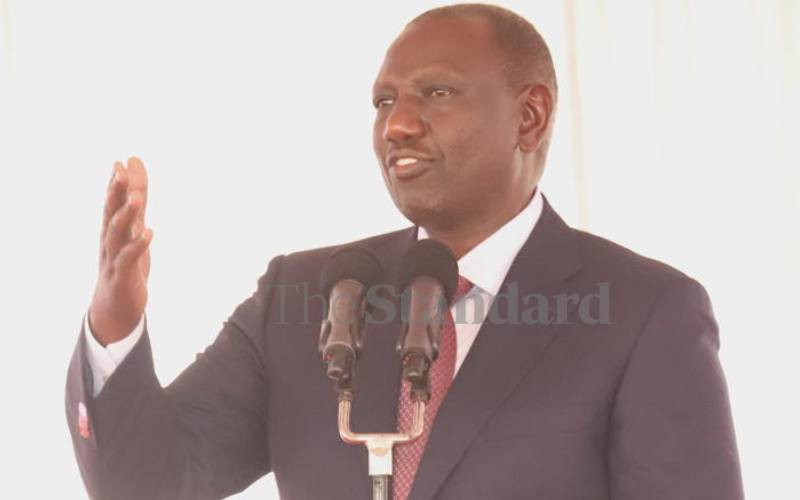×
The Standard e-Paper
Stay Informed, Even Offline

President William Ruto entered the new year on Sunday with several economic and political problems in his tray.
At the heart of them all is the magic he must perform to lower the cost of living for the overburdened populace bearing the brunt of the economic policies of the Jubilee administration of which he was a part.